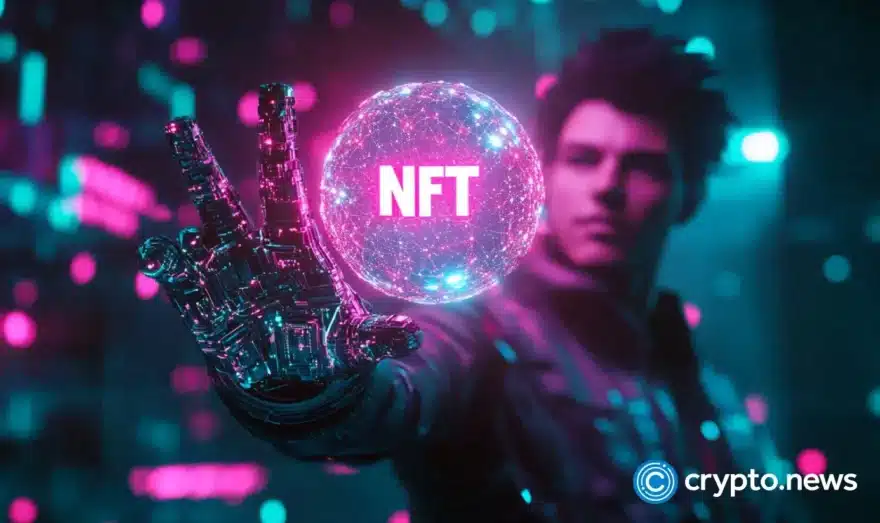Veteran Securities Lawyer Unveils Metaverse Legal Resource

James Murphy, a financial services lawyer has launched MetaLawMan, a platform for objective content and commentary on legal matters arising in the metaverse, including NFT ownership rights and more.
Metaverse Terms of Service Reviewed
Since the launch of Dapper Labs’ CryptoKitties in 2017, which effectively brought non-fungible tokens (NFTs) into the consciousness of the masses, the metaverse movement has continued to wax stronger, attracting individuals and brands alike from all sectors of the global economy.
Just like legal entities and businesses in the real-world, blockchain-based metaverse platforms have their ‘terms and conditions of service. However, digital collectibles collectors and members of these metaverses often find it a herculean task reading the complicated, and lengthy Terms and Services of these metaverse ecosystems, putting themselves at risk.
Now, veteran financial services and securities lawyer, James Murphy, has conducted research on over 140 established English-language metaverse projects and has published a report dubbed “Metaverse Much? Better Read the Fine Print,” detailing his ‘surprising’ findings. Murphy said:
“Businesses entering the metaverse, investors and gamers should all be able to commit their time and money to a metaverse without running the risk of having their accounts terminated with no notice and for no reason,”
He added:
“We hope this report will encourage a voluntary migration toward a more balanced approach to Terms of Service that fairly takes into consideration the interests of both the metaverse operators and all their constituent users,”
MetaLawMan Launched
Out of the 140 metaverses researched by Murphy and his team as of August 2022, 82 of them have their Terms of Service written on the platform and members can read and agree to the terms upon logging in.
However, residing inside these complex texts, Murphy says, are ‘surprising’ albeit ‘crazy’ terms concerning the sales and ownership of assets, indemnification provisions and arbitration agreements, limits on the damages recoverable from metaverse operators, and more.
A section of Murphy’s 9-page “Metaverse Much? Better Read the Fine Print”, report reads:
“The most critical thing to consider before investing substantial capital in virtual assets within a metaverse is whether you will acquire legal property rights when you buy these assets – like you would if you bought land in the physical world. The answer to that critical question lies in the Terms of Service of the metaverse project. They are not all the same. Of the 82 metaverses we looked at, only 42 make it clear that the user actually acquires ownership rights to the assets to buy or build in the metaverse.”
The report notes that several metaverse projects do not mention anything concerning asset ownership, while some others “reserve the right to take away your access to all your virtual assets if you violate the rules of their metaverse.
The report mentions Decentraland (MANA) as one of the metaverses that give users full ownership of their assets. However, the platform also reserves the contractual right to shut down the account of members for “no reason,” with “no notice” to the user.
In addition to the report, Murphy has launched MetaLawMan, a platform he describes as an objective content and commentary source for legal and business issues in the metaverse.














